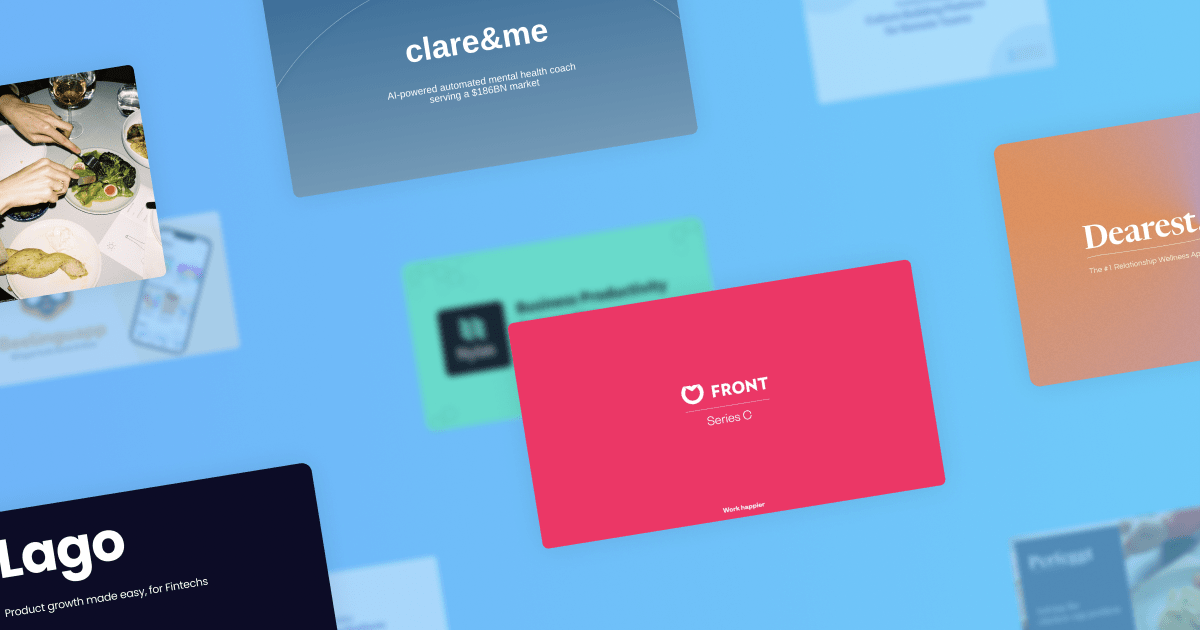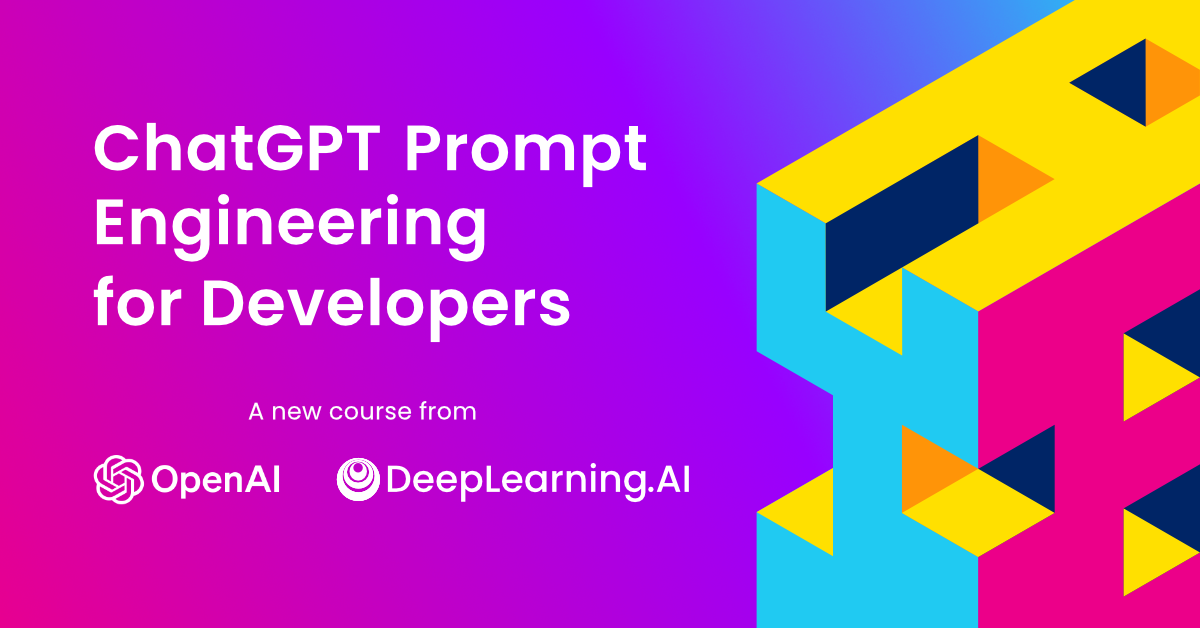- Benmore Brief
- Posts
- AI Agents Explained: Their Role and Business Opportunities.
AI Agents Explained: Their Role and Business Opportunities.
In this article, we explore the concept of an AI Agent, how it works, and how to integrate or build a software product around the methodology.
Jack of all trades, but a master of none.
This article was manually written. No AI.
A common pitfall of modern AI products is the generalization of the data that they were trained on. Let’s take an LLM (A Large Language Model like ChatGPT, Gemini, etc.), they had to be trained on publicly available and non-specific data. What this essentially means is that the more niche of a solution that you need, the less accurate the LLM will be.
This is because an LLM is a product of predicability; it simply predicts, based on its training, what the answer should be to your question. So, if you work in a space that has little online documentation or non-public documentation, LLMs are going to fare terribly with your use-cases.
This is a simplification, and if you want to look under the hood at how LLMs work check out this article: https://writings.stephenwolfram.com/2023/02/what-is-chatgpt-doing-and-why-does-it-work/.
However, this means that if your product or positioning puts you in a place where you can access, have knowledge of, or own non-exposed data, you can customize an agent that is tailored to a niche use case.
Benmore’s founder tools of the week:
Check out these tools to supercharge your growth.
Rise of the agents.
The “agentization“ of ChatGPT or other LLMs is not a new concept at all. Initially starting with the ChatGPT plugin concept and evolving into the GPT Library, where users could tailor ChatGPT to their use cases and release them to a community; the need for specialized agents is an acknowledged and continuing problem with LLMs.
But, before we even start getting into how to build an agent and fill this gap in the market, let’s first discuss what an “AI Agent“ is:
An artificial intelligence (AI) agent is a software program that can interact with its environment, collect data, and use the data to perform self-determined tasks to meet predetermined goals. Humans set goals, but an AI agent independently chooses the best actions it needs to perform to achieve those goals.
From Amazon, this is the best description of an AI Agent that we could find online, but it’s still very broad. In essence, using the above definition, a lot of software solutions are “AI Agents“. So, we’re going to develop our own definition for the purpose of this article:
An “AI Agent” is a tailored LLM that is better suited to perform a specific subset of tasks for an end user by utilizing specific prompting, enhanced context, and/or custom capabilities.
How this often manifests in computer applications is with a general LLM tasked with categorizing a user’s request, and then using its knowledge of available agents to delegate the work to the enhanced capabilities of an agent. Take a look at the digram below to see this visualized:

Now that we’ve covered the general concept of the “AI Agent“, let’s talk about some use cases that you, as a founder, can build or integrate with an existing product.
The opportunities.
Below, we’re going to list a couple methods we’ve seen be successful when it comes to building and providing value with these agents.
Method 1: Custom Business Processes.
A common use case for these agents is with business specific processes. Although this is more on the service side of things, there are companies like https://customgpt.ai/ that have productized this concept.
Essentially, what it entails is working with a business’ processes to develop AI agents specifically for their use cases.
Example:
Problem:
A client of yours has a business that builds and maintains roofing for commercial warehouses. They serve over 500 warehouses in the greater-Seattle area. They are frustrated with their support and maintenance request process and are looking for AI assistance.
AI Agent Solution:
You decide to build an AI Agent for them that has knowledge of the following concepts:
Business specific language in the roofing industry and commercial warehouse industry.
Understanding of the geographic layout of the Seattle area and common references to neighborhoods, addresses, and weather.
Understanding of the client’s maintenance processes: who and when to escalate requests, and how and where to put in requests for maintenance and support.
Other Examples:
Employee onboarding processes and training, online advertising copywriting and posting, meeting report summarization and logging.
Method 2: Custom Data.
Another common use case for these AI Agents is when you’re dealing with non-public or difficult to access data. Specifically, if ChatGPT is having issues with finding data on a certain topic or needs live access to a dataset, this might be a good place to plug in an AI Agent.
Example:
Problem:
You are a research analyst at a law firm that specializes in patent law. As part of your job, you must research and validate existing patents to determine if there is a conflict for your clients. You are frustrated with the user experience of the online version of the patent database.
AI Agent Solution:
You decide to build an AI Agent that has direct access to the public patent database. It can scan for similar patents to your described searches and analyze the language of the patents themselves for the specific conflicts.
Other Examples:
Business Intelligence dashboard summarization (generating a report from a PowerBI dashboard for example), a ChatGPT with knowledge of internal documentation, employee time logging summarizations.
Method 3: Repeatable, Long Prompts.
Lastly, if you have a need for a long, yet generally repeatable series of prompts, the development of an AI Agent could be beneficial. Basically, if ChatGPT can’t get you what you need in 3 prompts, an AI Agent could assist.
Example:
Problem:
You are a consultant that creates business plans for startups. Each business plan is 20 pages long and generally contains similar sections. You are frustrated with the time it takes to generate each plan even though it’s a repeatable process.
AI Agent Solution:
You decide to develop and AI Agent that allows you to enter in the general information on a startup and then generates a first draft of the business plan using 20 separate prompts that you can then edit and tailor before delivery.
Other examples:
Pitch deck generation, technical documentation generation, course generation, book generation.
By narrowing down your AI Agent to a specific domain, you can ensure protection from the rapid evolution of AI as well. Think about it, no matter how good ChatGPT gets, it’s never going to get its hands on IBM’s internal data, for example.
This is the opportunity for AI Agents, developing solutions for the edge cases - the places where ChatGPT doesn’t or can’t have data to train on.
Regardless, if you have an idea for an AI Agent, or would love to add the feature to your existing product, let’s talk!
Let’s get started! Book a free consulting call:
Was this article helpful? |


